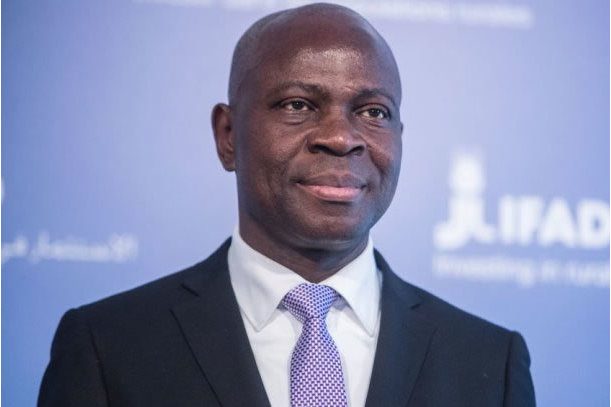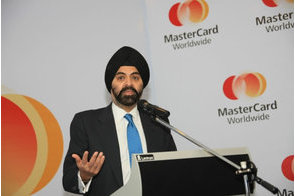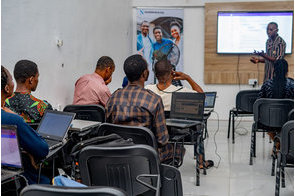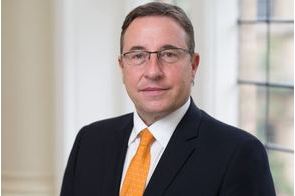New IFAD President calls for investment in rural youth to stem migration

Summary
Houngbo said his priority is to invest in rural areas so that they become places of prosperity and hope.
Gilbert Fossoun Houngbo, who has begun his term as the sixth President of the International Fund for Agricultural Development (IFAD) today, said ensuring young people in rural areas have access to financing and earn decent incomes is essential to reducing migration to the cities as well as Europe and other regions.
Houngbo, a former Togolese prime minister, succeeded Kanayo Nwanze, the former two-term President of the United Nations agency whose tenure ended on March 31, 2017. Prior to being elected as IFAD President, Houngbo was the Deputy Director-General of the International Labour Organization (ILO). He also held a number of leadership positions at the UN Development Programme (UNDP), including being Chief of Staff and Assistant Secretary-General – Africa Regional Director.
Houngbo said without adequate investment in the world’s most vulnerable communities, there will be increased instability and conflict and people will find it harder to bounce back from shocks, giving them more reasons to flee rural areas.
“I don’t want people to see life in rural areas only as a hardship and that you live there by necessity,” he said. “We need to work on those hardships so that young people can be happy in a rural setting, instead of looking to go to the capital or move outside their country.”
The new IFAD President noted that his priority is to ensure the agency continues to have the resources to invest in rural areas so that they become places of prosperity and hope, where people can build decent lives and not be compelled to migrate.
The 56-year-old Houngbo himself was born and raised on a small family farm in rural Togo. He said his parents’ focus on earning an income through growing and selling crops, even in difficult times, enabled him to receive an education and move out of poverty.
“It is totally unacceptable that when I was a youngster of eight years old, I had to walk four kilometres every morning to go and get water for the house, and a few years later I had to walk 20 kilometres every day to get to high school. And it is unacceptable that kids today have to go through the same thing 40 to 50 years later. So I cannot rest when I see those situations,” he said.
He added that his goal is to make sure at the end of his term, IFAD’s impact on poverty alleviation through agriculture and nutrition will substantially increase.
Related
-
MasterCard recommends new approach to youth employment in Africa
The MasterCard Foundation and L-IFT report states that support networks are vital for young Africans.
-
Young people, green skills, and a sustainable future
By offering scholarships in high-demand tech fields, Access Bank is bridging the gap between theoretical learning and ...
-
UNDP advocates partnership with young people to prevent violent extremism
A new UNDP report underscores the need for systematic participation of young people in decision-making and governance to ...







